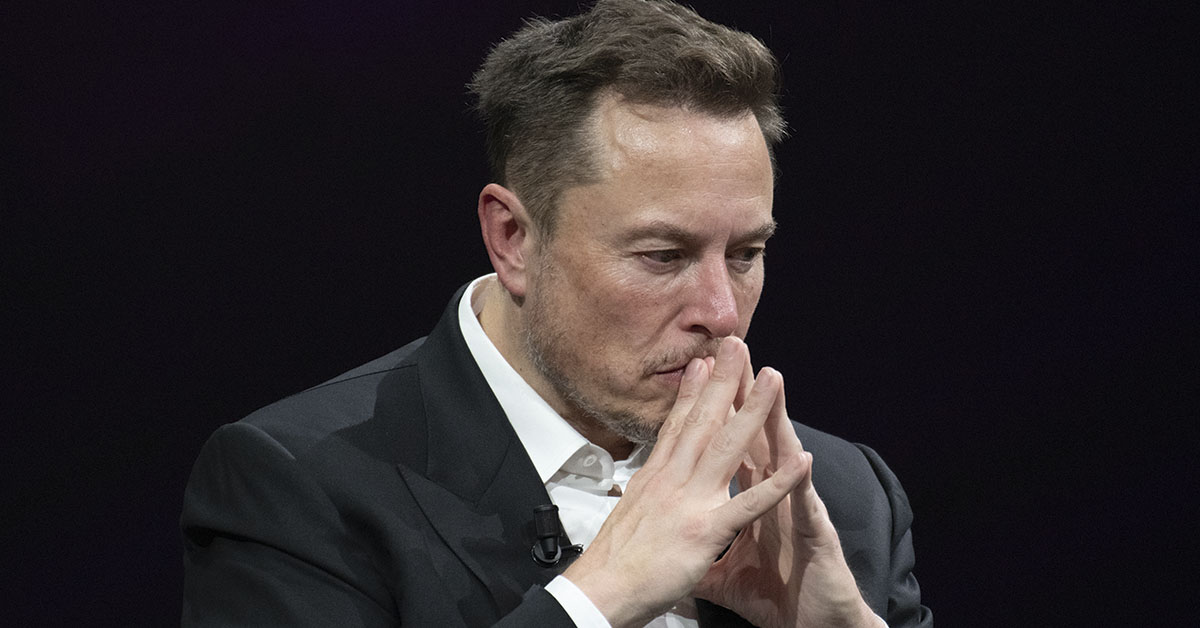Elon Musk is no stranger to controversy. Musk’s credibility being called into question due to his legal disputes, misleading public statements, and a perceived neglect of Tesla, compounded by his polarizing political and social media activity. Musk’s credibility has also faced significant scrutiny due to multiple controversies, government involvement, and legal conflicts with AI companies like OpenAI still ongoing.
Legal Battles with OpenAI

Musk co-founded OpenAI in 2015 with current CEO Sam Altman but left in 2018, later accusing it of abandoning its open-source beginnings and becoming a “closed-source de facto subsidiary” of Microsoft. Musk has even filed a series of lawsuits against OpenAI due to this, commenting that Open AI has failed to live up to its promises of developing a “safe” AI that “benefits all of humanity”. However, recent court filings reveal that Musk allegedly sought to transform OpenAI into a Tesla subsidiary as early as 2017, which was rejected by OpenAI leadership.
From Co-Founder to Legal Adversary

OpenAI countersued, alleging Musk engaged in a “pattern of harassment,” including “press attacks” and a “sham bid” to acquire its nonprofit division. The company accuses him of launching “targeted media attacks” and manipulating his 200 million X followers to destabilize operations. In February 2025, evidence presented in court suggests Musk sought to control OpenAI and intimidate investors, with claims of a fabricated $97.4 billion acquisition offer.
Read More: Elon Musk Reveals the Question That Helps Him Spot Liars in Job Interviews
Emails, Lies, and Power Plays
The evidence presented by OpenAI paints a damning picture on Musk’s already contested credibility. A 2017 email reveals Musk proposed giving himself preferred shares and majority control at OpenAI, which contradicts his current “defender of open-source AI” stance. OpenAI’s legal team argues this demonstrates Musk’s hypocrisy. While he publicly attacks OpenAI and Microsoft’s partnership, he privately pushed for greater commercialization and for-profit models.
The $97.4 billion acquisition claim appears particularly damning to Musk’s credibility. OpenAI’s countersuit highlighted Musk’s lack of financing evidence for the bid, calling it a “sham” tactic to derail its corporate restructuring. Legal experts suggest this could constitute bad-faith negotiation, potentially exposing Musk to sanctions if proven.
Musk’s AI Ambitions
In July 2023, Musk launched xAI as an apparent bid to rival OpenAI. The company was staffed with some OpenAI defectors and positioned its Grok chatbot as an “anti-woke” alternative. xAI’s $80 billion valuation (boosted by Musk’s questionable merger with X) faces a wide array of skepticism. Analysts note that the startup lacks OpenAI’s infrastructure or product depth, suggesting Musk’s AI credibility hinges more on rhetoric than results. Meanwhile, his demands for 25% Tesla voting control to “advance AI/robotics” in January 2024 further blurred motives, appearing to leverage shareholder loyalty for personal influence.
Legal Landmines
Further scrutiny is placed on Elon Musk’s credibility as he faces other legal battles. A Delaware judge voided his $55 billion Tesla compensation package in early 2024, calling it “unfathomable” and unfair to shareholders. Though investors later reapproved it, the court rejected the revote, leaving Musk’s fortune in limbo.
Musk alleges GPT-4 achieved artificial general intelligence (AGI) and became a “Microsoft proprietary algorithm,” but legal analysts call this a high-risk argument, citing underlying possible ulterior motives from Musk. If the court agrees GPT-4 constitutes AGI, OpenAI could face strict licensing reviews, but if rejected, Musk’s credibility as an authoritative figure in the AI space diminishes further.
A $44 Billion Millstone
Musk’s chaotic 2022 Twitter acquisition is arguably the most expensive and taxing acquisition to his credibility. The platform’s rebrand to X coincided with a 71% drop in Q4 2023 ad revenue, while its merger with xAI in 2025 drew accusations of financial engineering. Critics argue these moves reflect desperation rather than strategy, with the AI merger appearing to prop up X’s value through devious accounting strategies.
Visionary or Grifter?
Industry observers note Musk increasingly relies on loyalists to dismiss red flags, with one hypothetical analyst likening his approach to “playing PT Barnum in a Steve Jobs costume.” The central question now revolves around how long investors and the public will continue endorsing Musk’s facade and act as legal battles and credibility challenges intensify against him.
What Comes Next
Elon Musk faces a credibility crisis converging on two fronts: the fast-tracked OpenAI trial and Tesla’s looming delivery decline. The spring 2025 court date represents a stark test; a loss could validate accusations of harassment and deceit, severely damaging his carefully cultivated “tech messiah” image. His questionable tirades and his active bolstering of conservative pundits on his platform X have also deterred investors, dampening ad revenue.
Simultaneously, Tesla’s potential first annual delivery drop in 2025 vividly represents the cost of Musk’s increasingly scattered focus. AI ventures and political distractions are alienating core buyers. With investor confidence now hinging on projects like energy storage and Optimus, the question isn’t just about Musk’s legacy, but whether he can conjure a viable xAI rival before courts, competitors, and customers collectively lose faith.

